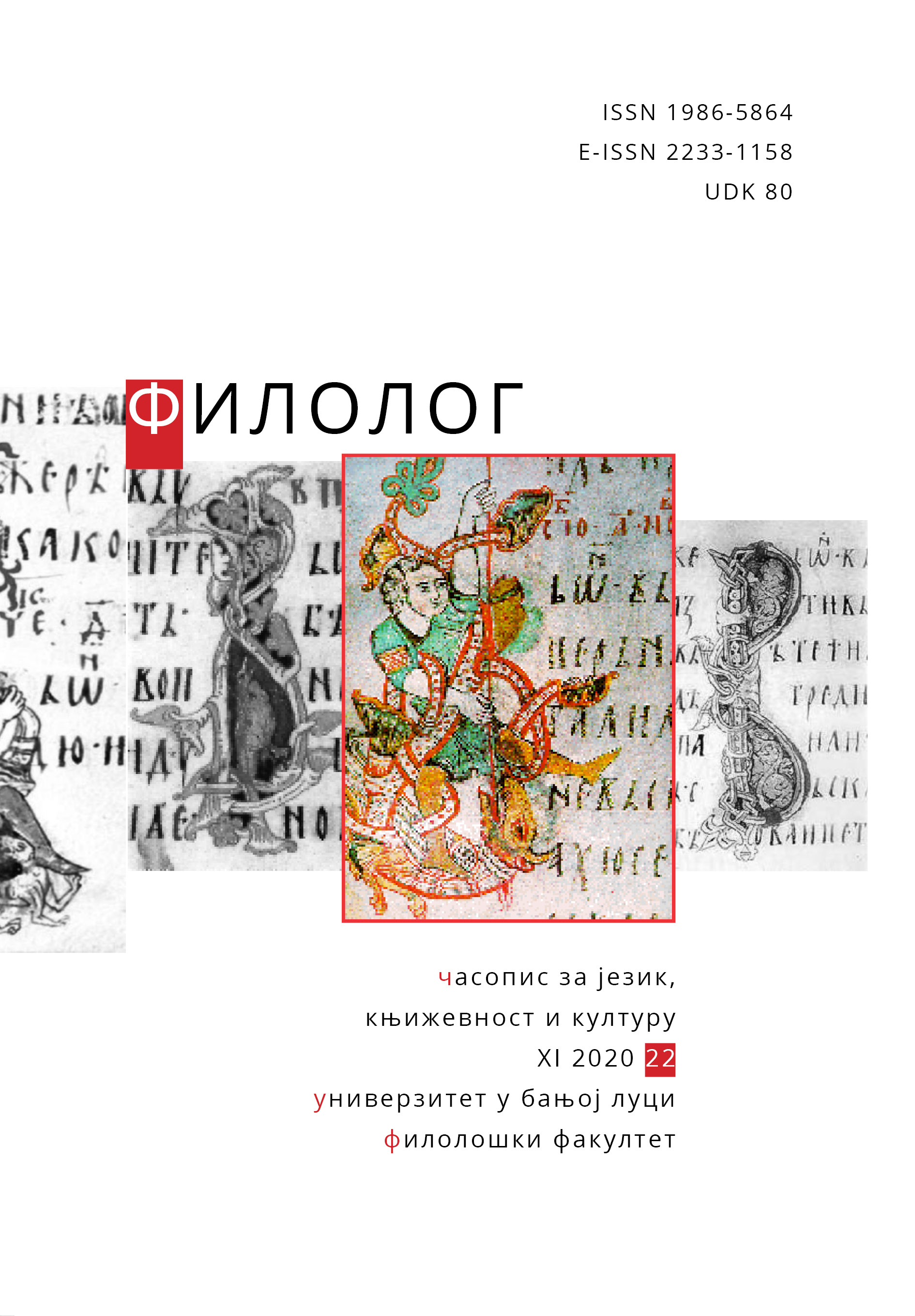Jednaka i različita: feminizam kao radikalni humanizam
Equal and Different: Feminism as Radical Humanism
Author(s): Petra V. MitićSubject(s): Language and Literature Studies, Cultural Anthropology / Ethnology, Culture and social structure
Published by: Филолошки факултет Универзитета у Бањој Луци
Keywords: feminist theory; reductionist models of identity; dichotomous thinking; constructionism/essentialism debate; (radical) humanism;
Summary/Abstract: In its attempts to defend the right of women to claim their own subjectivity,as well as the equal right to participate in the social system institutions, the mainstream of feminist thinking has been marked crucially by the question of woman and her identity. This question could be said to occupy a central place in feminist texts and discussions which started even before the women’s movement was officially created. But since feminist disagreements about how these issues should be approached appropriately have already resulted in serious misunderstandings and mutually severe accusations, this paper aims at shedding light at the very nature of these polarities. In doing so, the focus has been placed on how the terms equal and different have been theorised. These dissenting voices have certainly proved productive in the context of theory itself, but have done much harm in the domain of social activism which failed to initiate truly substantial changes within western society and culture. The same countereffect is also visible in theory, which has generated a diversity of feminisms, but has definitely failed to offer a comprehensive critique of the perniciously repressive culture. The lack of gender equality has always been an important dimension of this culture, but still just a segment and one particular mechanism of the invisible matrix which has never actually stopped producing binary hierarchies. They are being manifested in different forms today but have retained fundamentally unchanged and unchallenged structures, promoting an ideologically induced perception of reality to appear natural and self-evident. The paper puts forward the claim that a humanistic and anti-capitalist feminism is a framework broad enough to overcome all exclusions and one-sided definitions and to head towards one such comprehensive feminism – bringing us back to the original radicalism of the women’s movement. To do so, it is necessary to reconsider the general confusion within postmodernist discourse, and especially the controversy related to what humanism should stand for today.
Journal: Филолог – часопис за језик, књижевност и културу
- Issue Year: 2020
- Issue No: 22
- Page Range: 374-391
- Page Count: 18
- Language: Serbian

